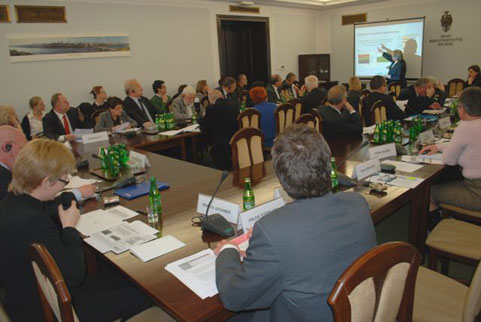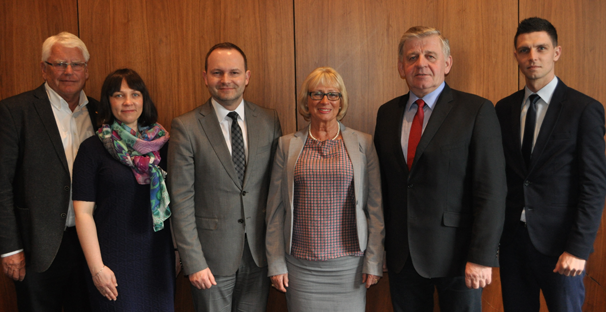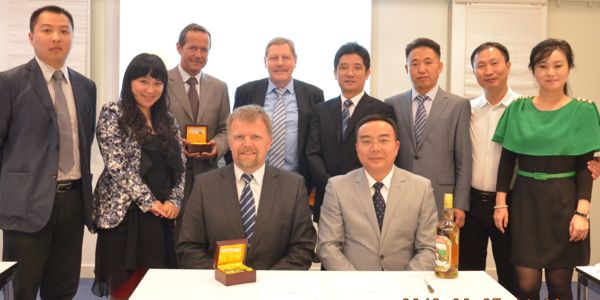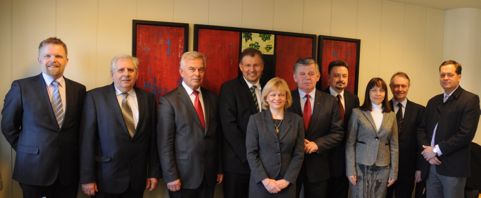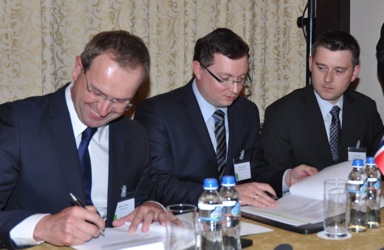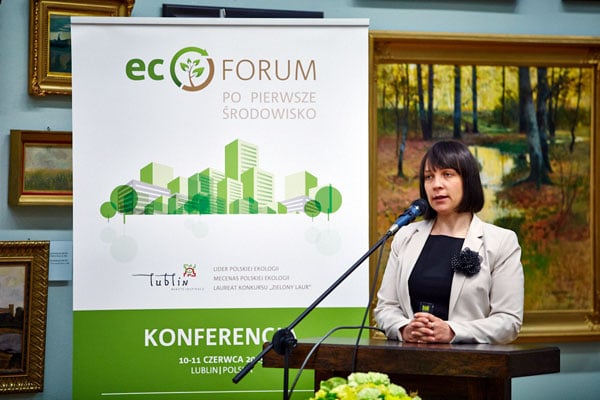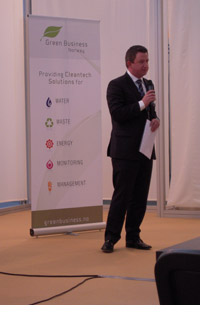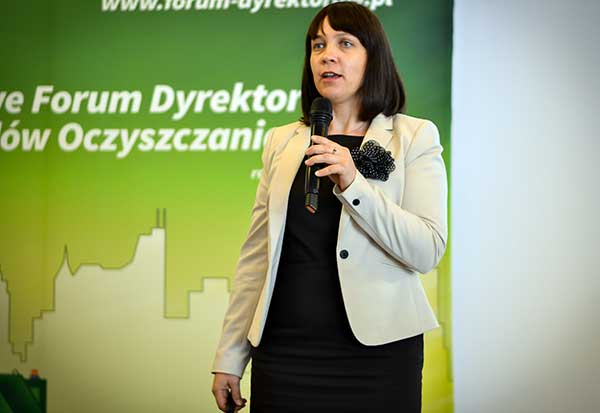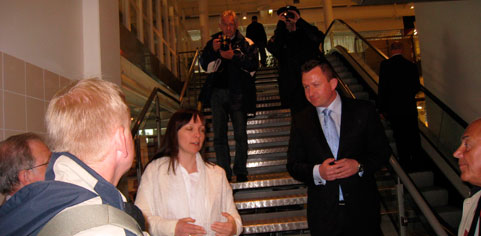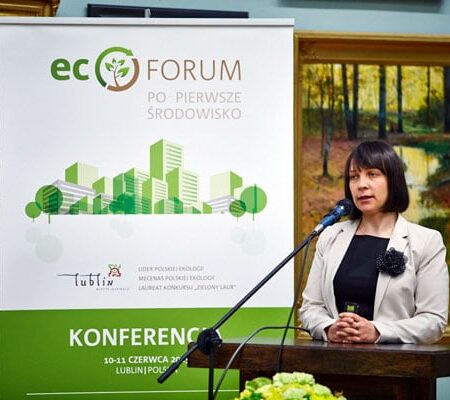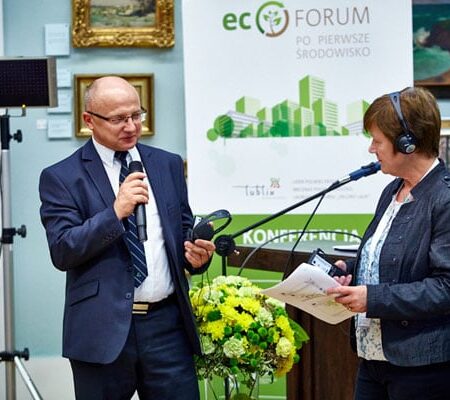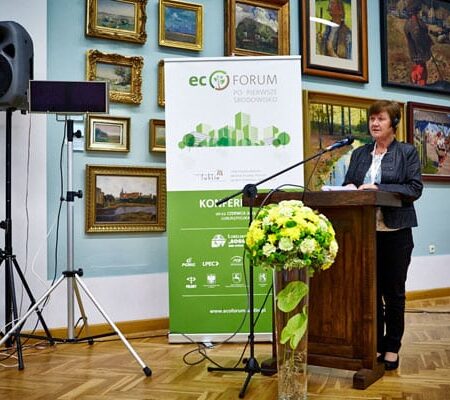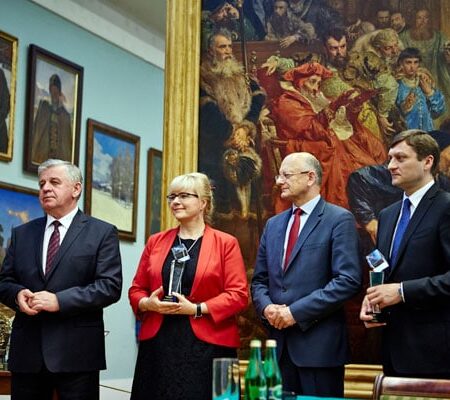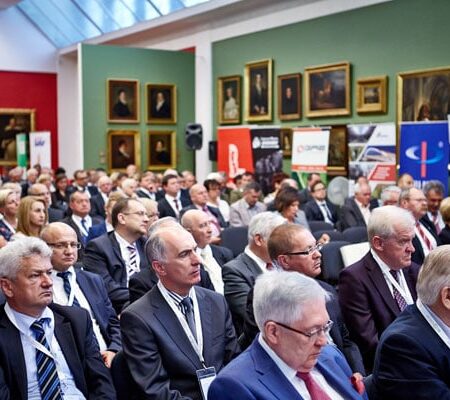The sixth EcoForum conference took place on 10 and 11 June this year. Once again, the conference proved to be a productive forum for both countries’ participants in the inter-regional cooperation program between Telemark in Norway and Lubelskie in Poland.
Telemark county is the international partner of the EcoForum conference. Green Business Norway acts as coordinator of the inter-regional cooperation program.
EcoForum is an annual conference organized by the city of Lublin in the Lubelskie region of eastern Poland. During this year’s event, representatives from Telemark county and the Lubelskie regional government had the opportunity to compare notes on contemporary waste management and carbon capture and storage (CCS).
- ecoforum 05 lg
- ecoforum 04 lg
- ecoforum 03 lg
- ecoforum 02 lg
- ecoforum 01 lg
Norwegian technology proves its worth
Tel-Tek is a not-for-profit organization based in Porsgrunn and operating throughout Norway, focusing on energy-efficient production and reducing industrial emissions. Anne Marie Fatnes, Tel-Tek’s research director, gave a presentation at the conference on the organization’s CCS projects.
Energy recovery is another area of cooperation between Poland and Norway. Patrick McConville from Energos AS presented examples of small-scale, low-emission energy recovery plants around Europe.
Anna Larsson, Green Business Norway’s market director in Poland, presented an introduction to the latest trends in Scandinavian waste management, including ROAF’s centralized separation concept and prime examples of collection systems.
The Lubelskie regional government is currently upgrading its household waste collection infrastructure, using best practice from Norway as a model.
Food2Waste2Food – a closed-loop food chain
A research project conducted by Lindum AS was also discussed. Food2Waste2Food, a concept whereby food waste is used to produce energy, CO2 and compost for plant nurseries, has successfully demonstrated that it is possible to create a closed-loop food chain. This project is highly relevant in an agricultural region like Lubelskie, where there is great potential for harnessing synergies between waste management and food production.
Lubelskie – a region rich in expertise
Anne Marie Fatnes of Tel-Tek said her organization benefited greatly from attending EcoForum.
“The conference was a unique opportunity for us to expand our network. Making contact with international research partners is otherwise very time-consuming, and we are constantly preparing for future projects. Teaming up with some of the Lubelskie region’s many scientific institutions and highly qualified academics is an attractive prospect for us.”
Ms Fatnes added that Lubelskie’s coal mines had a key role to play in CCS projects.
Inter-regional cooperation in other fields
Although the environment is the main focus of Polish–Norwegian inter-regional cooperation, the two countries are also working together in other fields. In March 2014, Porsgrunn Upper Secondary School and Lublin’s Vetter School of Economics established a partnership. The schools are planning several joint projects, one of which involves a youth entrepreneurship program with the goal of developing tourism businesses in both Poland and Norway.






















